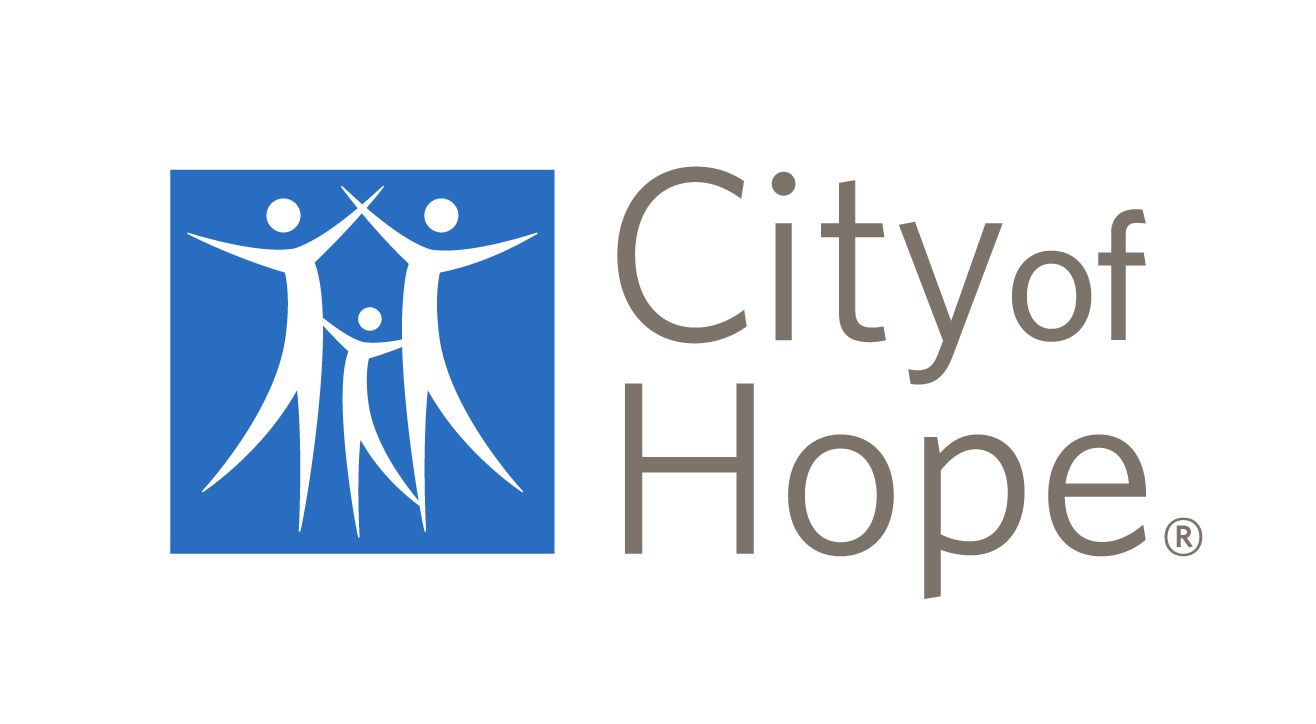- Advertise
- About OncLive
- Editorial Board
- MJH Life Sciences brands
- Contact Us
- Privacy
- Terms & Conditions
- Do Not Sell My Information
2 Clarke Drive
Suite 100
Cranbury, NJ 08512
© 2025 MJH Life Sciences™ and OncLive - Clinical Oncology News, Cancer Expert Insights. All rights reserved.
Dr. Herrera on the Potential for Frontline CAR T-Cell Therapy in DLBCL
Alex Herrera, MD, discusses the potential for CAR T-cell therapy in earlier lines of treatment for patients with diffuse large B-cell lymphoma.
Alex Herrera, MD, a hematologist/oncologist, and an assistant professor in the Department of Hematology and Hematopoietic Cell Transplantation at City of Hope, discusses the potential for CAR T-cell therapy in earlier lines of treatment for patients with diffuse large B-cell lymphoma (DLBCL).
Several ongoing trials are examining whether autologous CD19-directed CAR T cells can be utilized earlier than standard salvage chemotherapy or autologous stem cell transplant, which are often used to treat patients with relapsed/refractory aggressive B-cell non-Hodgkin lymphoma, according to Herrera. If these ongoing trials, such as the phase 3 ZUMA-7 trial (NCT03391466) examining axicabtagene ciloleucel (axi-cel; Yescarta) vs standard of care as second-line therapy in patients with relapsed/refractory DLBCL, show positive results, CAR T-cell therapy may become the standard second-line treatment for this patient population, Herrera says.
Additionally, the phase 2 ZUMA-12 trial (NCT03761056), which is evaluating CAR T cells in patients receiving frontline therapy who have a positron emission tomography scan that is positive after 2 cycles of systemic chemotherapy, has shown promising results, Herrera adds. CAR T-cell therapy will continue to be evaluated in high-risk groups of patients who are progressing, or who show signs of early progression with their frontline therapy, Herrera concludes.


